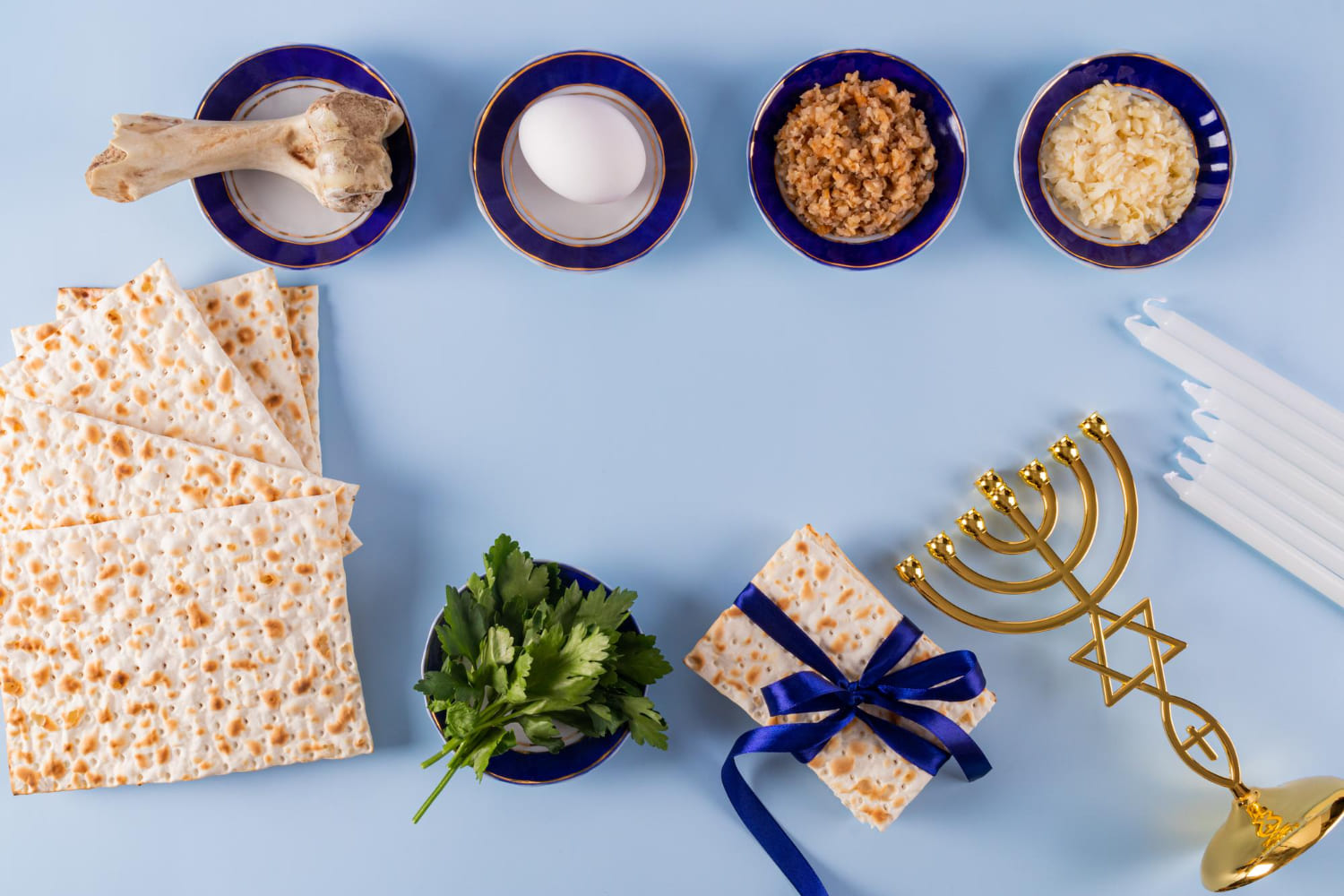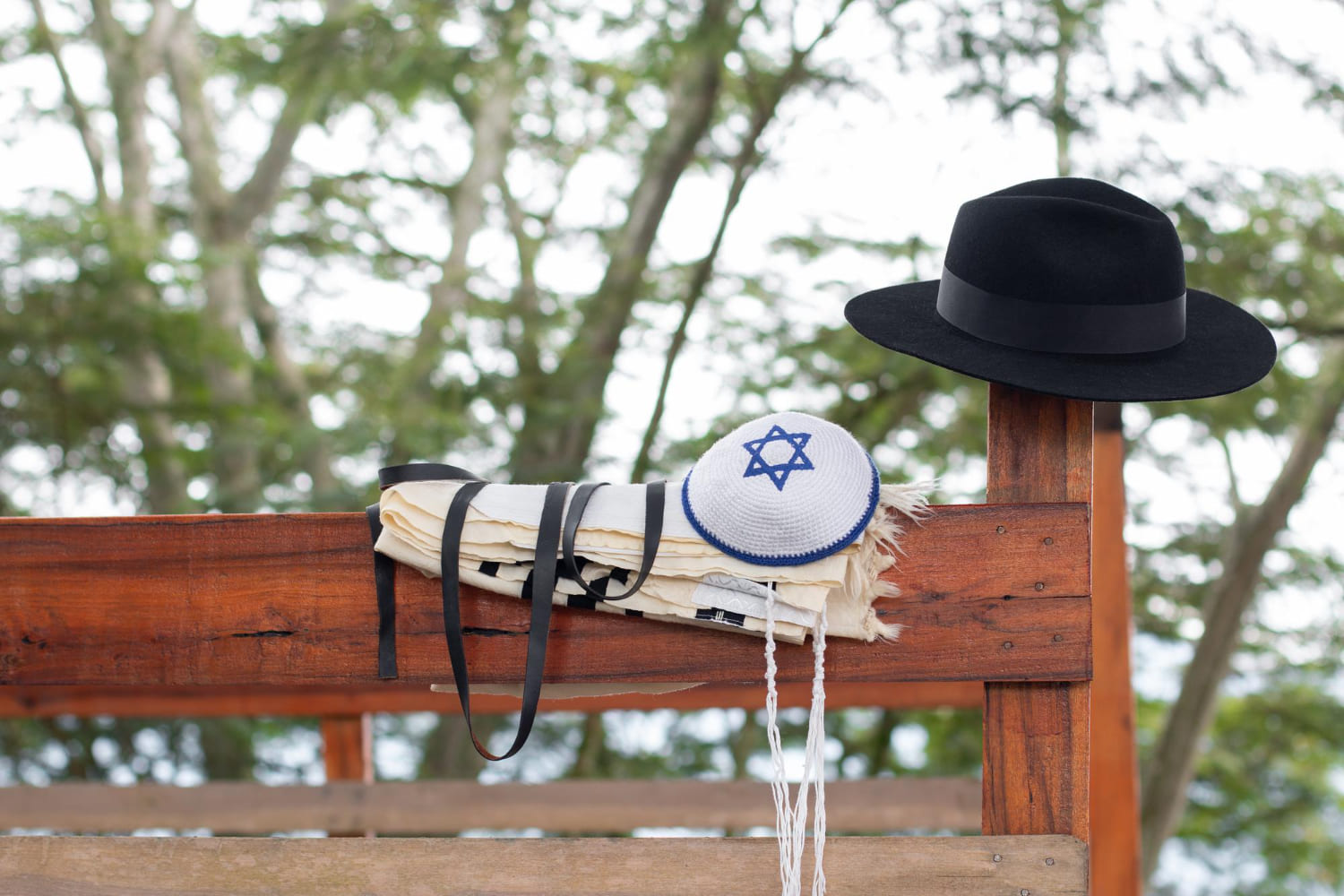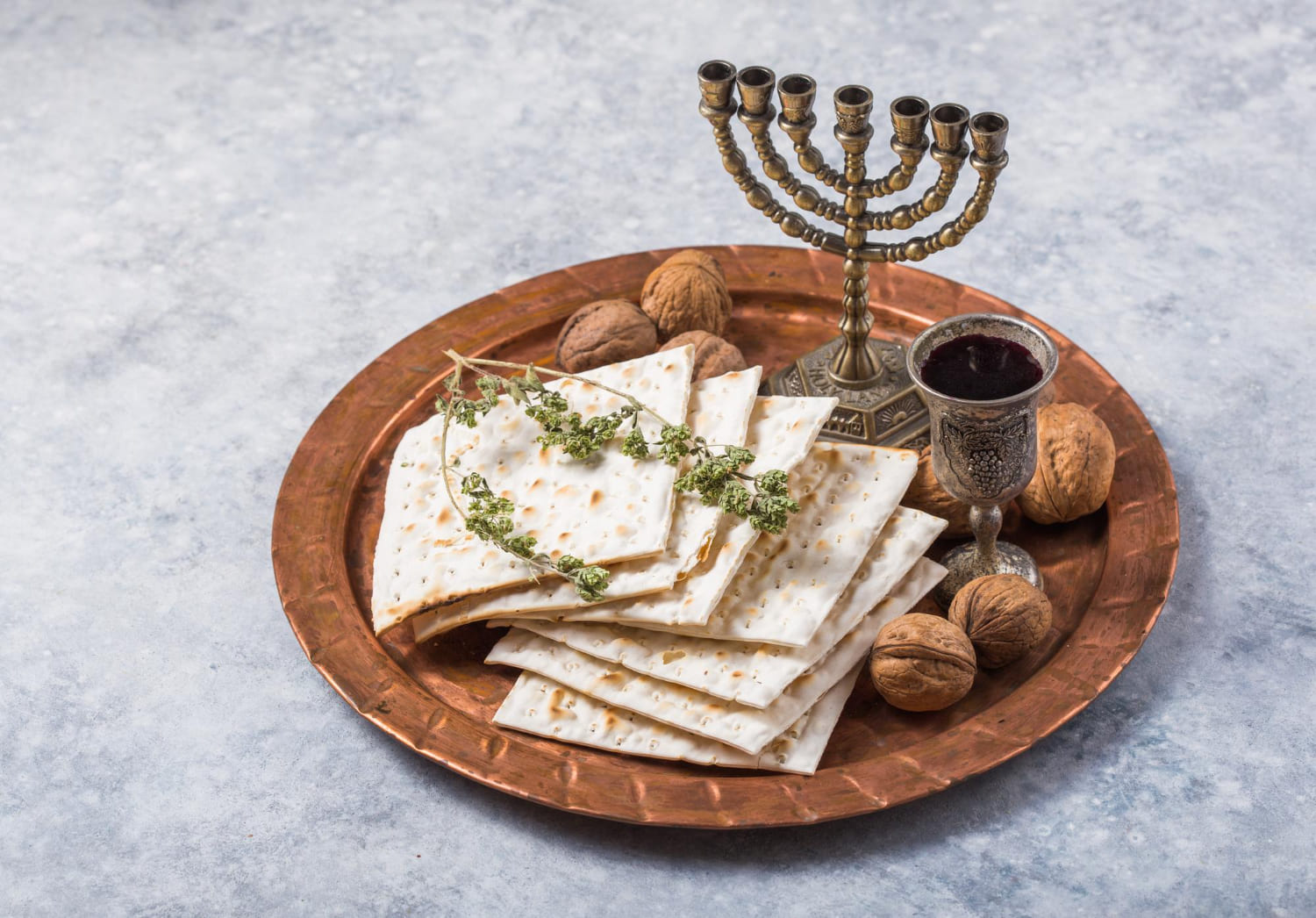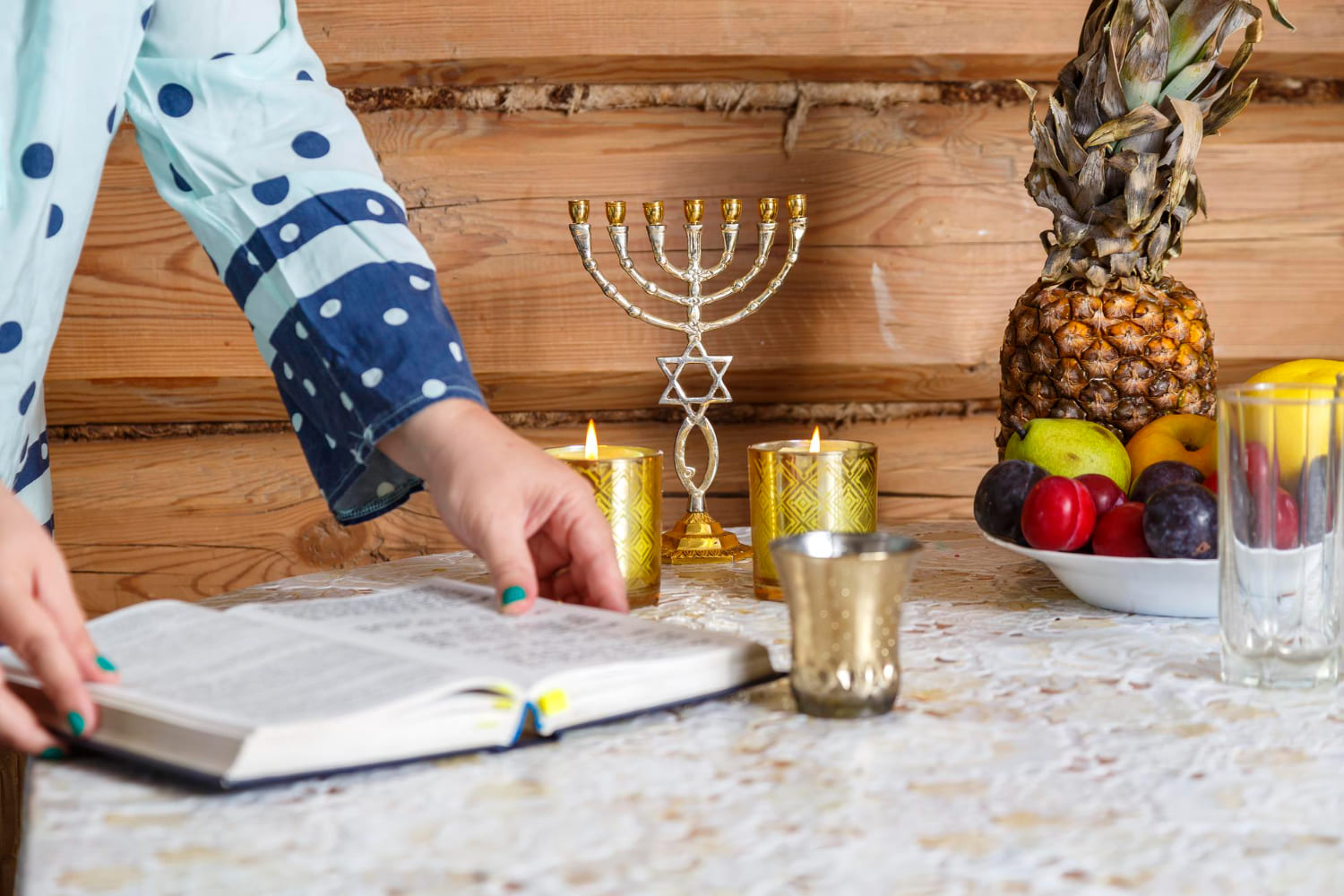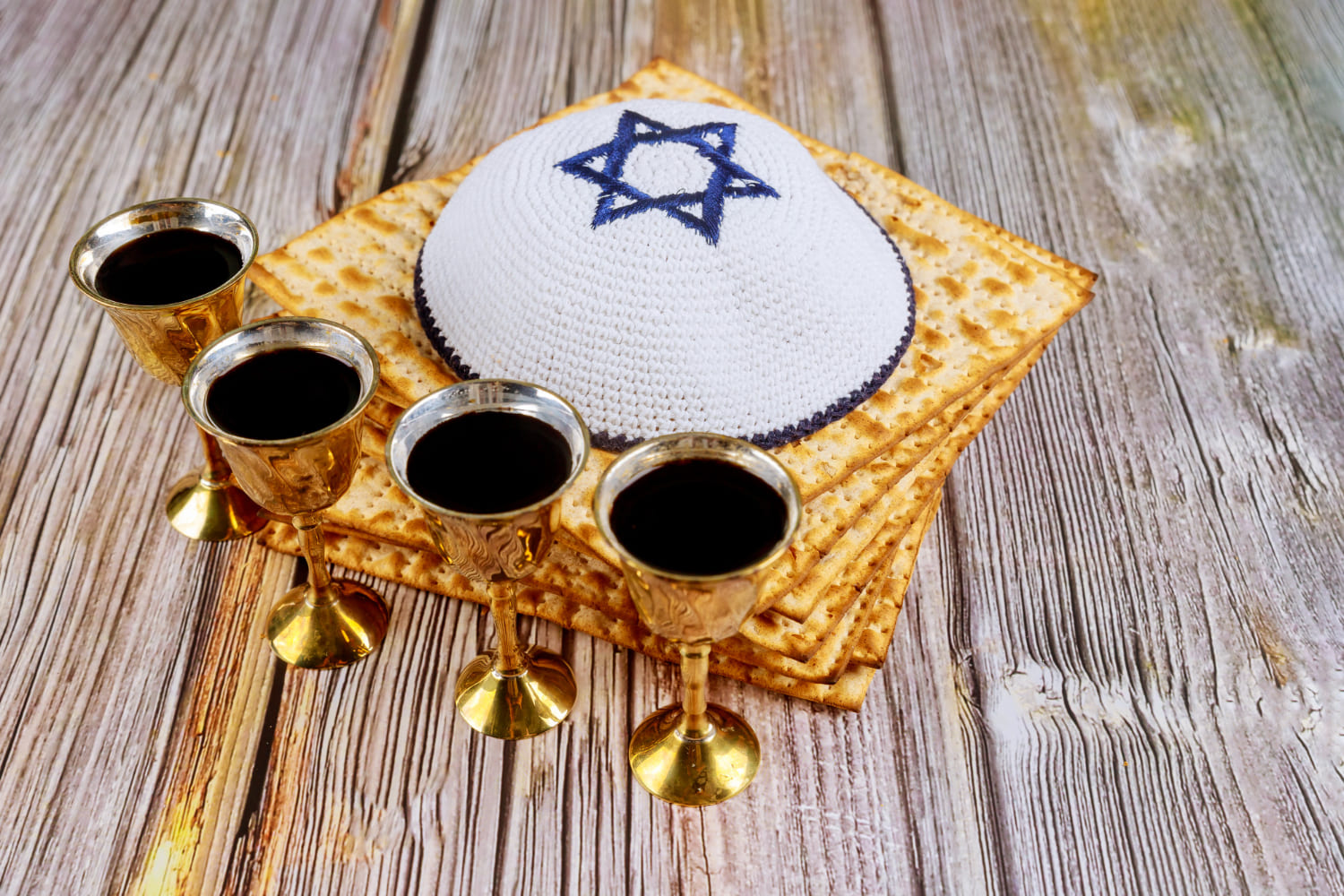You probably already know that the butchering and consuming of lambs play a significant role in the Passover tale.
You might be shocked to learn that lamb isn’t often served during a typical Jewish Passover seder.
Jews who fully adhere to this prohibition won’t partake in roasted meat or poultry during their seder. Some people will refuse to eat roasted lamb.
Jews who adhere to a more lenient interpretation of the rule will consume lamb, not roasted lamb. The evolving meaning of roasting further complicates the situation.
Let’s learn about the evolution of sacrificing a lamb during Passover, what the Bible says about this sacrifice, and how some modern Jewish people still try to practice this belief.
The Jewish Concept of One Lamb Sacrifice for Everyone
The Bible doesn’t use the plural form of a lamb. There is always just one lamb. Lambs are sometimes used as the plural form of sheep, despite the Hebrew word for lambs not being present.
One Lamb is all there is!
Even though they use the single form of a lamb in the Exodus account, the grammar makes sense.
But even so, does the entire assembly massacre it?
The priests slay one lamb for each person, as described later in Leviticus 23 and in Ezra 6.
How One Lamb Becomes None
However, while examining Jewish history, it appears that every household had its own Passover lamb since the Mishna details how the celebration was observed during the time of Yeshua.
The Israelites frequently traveled to Jerusalem when the temple was still intact and brought a lamb or goat for every household to be sacrificed. The meat would be returned to the family to be grilled on pomegranate stem skewers and eaten in the evening after the priests had ritually sacrificed the animals and taken a basin of the blood to spill on the altar.
There were three “sittings” for the sacrifices because of the many people that arrived. So, as you might expect from the rules in Exodus 12, one lamb per family.
However, Jewish custom was irreversibly altered once the temple was destroyed in 70 AD.
How could Jews continue to uphold the Torah’s commandments without a temple?
Along with many other issues, there was a rabbinic disagreement over how to act in the Passover lamb situation.
There was disagreement over whether each family should offer a lamb or goat as a sacrifice and eat it at home (Rabbi Gamaliel’s suggestion) or whether to altogether avoid the lamb issue because, according to Jewish law, only priests could offer such sacrifices in the temple; for that to occur, they would need to wait for the arrival of the Messiah and the construction of a new temple.
It didn’t take long for those opposed to Gamaliel’s idea of a domestic sacrifice to seize power and threaten ex-communication for anybody disobeying the ban.
A few generations after Yeshua’s demise and resurrection, the custom of offering animals as sacrifices for Passover came to an end.
Lamb was no longer served or, for the most part, on the menu after that.
Those Who Still Try to Sacrifice a Lamb
Since Passover 1968 (following the recapture of Jerusalem in 1967), a small number of radicals have attempted to slaughter lambs on the Temple Mount, which is a very risky political move.
They have been surreptitiously slaughtering their Pascal lambs nearby because they were never given permission until this year, but they fervently want the custom to be brought back.
After all, God had warned Abraham not to slaughter Isaac there, promising that “God himself will provide the Lamb” (Gen 22:8). He did so many years later because Yeshua gave his life as our Passover sacrifice in Jerusalem as well.
Final Thoughts
You undoubtedly already know that the Passover story heavily involves the killing and consumption of lambs. You might be surprised that a normal Jewish Passover seder doesn’t frequently feature lamb.
Jews who strictly abide by this commandment abstain from eating roasted pork or poultry at their seder. Specific individuals will reject roasted lamb.
Jews who follow a laxer interpretation of the prohibition will eat lamb, not roasted lamb. The way makes the problem more challenging that roasting is changing.


